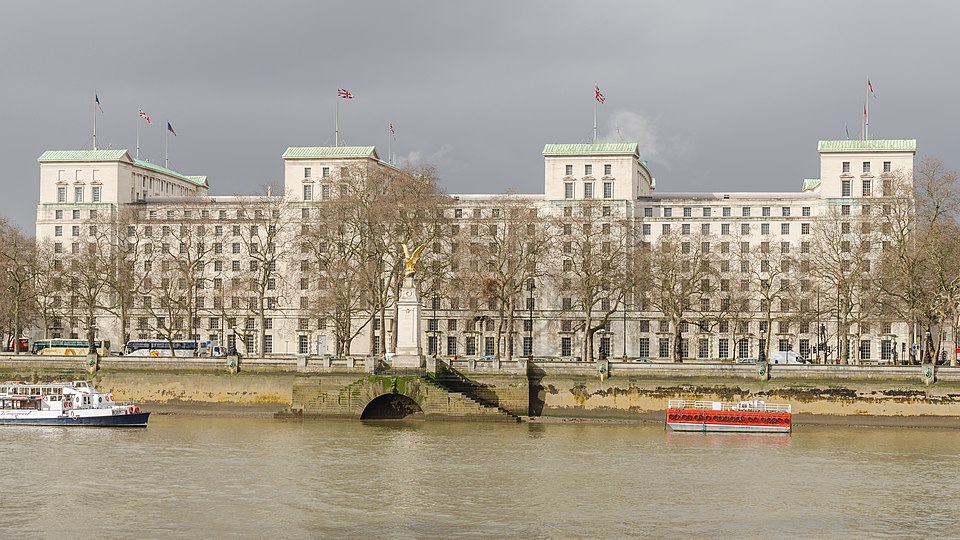
The UK is about to launch a transformative Defence Industrial Strategy (DIS) that places people and skills at its core. The plan, set to be unveiled on Monday 8 September, will ensure Britain
has the workforce it needs to remain a leader in global defence innovation while creating thousands of new opportunities for workers across the country.
At the heart of the strategy is a £182 million investment in the UK’s defence talent pipeline. This will include the creation of five new Defence Technical Excellence Colleges, offering training in high-demand areas such as submarine engineering, specialist welding, and cyber defence.
Backing British jobs and industry
The strategy builds on momentum from recent successes, such as the £10 billion deal with Norway for Type 26 frigates, which will support 4,000 jobs in Britain for the next decade. Prime Minister Keir Starmer recently visited BAE Scotstoun shipyard to mark the achievement, underlining the government’s commitment to backing UK companies on the world stage.
By combining world-class skills training with record defence investment, the government aims to make defence an engine of economic growth. The UK is on track to raise defence spending to 2.6% of GDP by 2027, with ambitions to reach 3% in the next Parliament—ensuring better equipped Armed Forces and a stronger, more resilient industry.
Opportunities for the next generation
The new strategy goes beyond immediate defence needs. It’s designed to:
- Open doors for young people by offering more training routes into high-paid, high-skilled defence jobs.
- Support veterans by helping them transition into civilian employment.
- Upskill existing workers with thousands of new short courses.
- Strengthen universities, with £80 million invested in facilities and courses in areas like engineering and computer science.
- Inspire future talent, through nationwide STEM outreach programmes aimed at school-age students.
Looking ahead, the government will also launch a new apprenticeship and graduate clearing system in 2026, alongside plans for a Defence Skills Passport—making it easier for people to move between careers in the Armed Forces, defence industry, and related sectors.
Voices from Government
Defence Secretary, John Healey MP said:
“It’s British workers who gave UK companies the leading edge in defence innovation and industry.
Our Defence Industrial Strategy puts skills at the heart of the Government’s plans to make the country safer and boost jobs across the UK.
This is the biggest defence skills plan in decades, a plan to boost Britain’s security and create well paid, high-skilled jobs for young people for generations to come”.
Education Secretary Bridget Phillipson said:
“The defence sector doesn’t just keep the British people safe; it drives growth and unlocks opportunities for young people to learn pioneering skills and pursue a great career.
This investment and our new Defence Technical Excellence Colleges will break down barriers to opportunity for people in every corner of our country, drive economic growth as part of our Plan for Change and secure the UK’s place in the world, putting us at the cutting edge of innovation and new technology”. Photo by ArildV, Wikimedia commons.




































